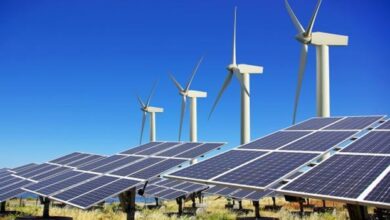CASTRIES, Feb 25 2015 (IPS) – At Plas Kassav, a roadside outlet in Canaries, a rural community in western St. Lucia, a busload of visitors from other Caribbean countries, along with tourists from North America and Europe, sample the 12 flavours of freshly baked cassava bread on sale.
In the back of the shop, employees busily sift the grated cassava and prepare it for baking. Next to them, an electric motor powers a device that turns grated cassava as it bakes into farine — a cereal made from cassava tubers — in a wood-fired cauldron.
This is one of the ways in which this eastern Caribbean nation of 180,000 people is marrying its tourism and agriculture sectors.
Tourism makes the largest contribution to St. Lucia’s 1.3-billion-dollar economy. And with oil prices expected to continue falling for some time, this 617-square-kilometre island is hoping for significant economic growth on the heels of the slim years since the global financial crisis struck in 2008.
The government says that the move toward renewable energy will see businesses and households paying less for energy and will also strengthen the nation’s argument at the international climate change negotiations.
A renewable energy expert with the International Renewable Energy Agency (IRENA) tells IPS that falling oil prices present an excellent opportunity for small island developing states such as St. Lucia and its 14 other Caribbean Community (CARICOM) allies to accelerate their renewable energy programme.
“I think you can look at it as a windfall that buys you time for the transition,” Dolf Gielen says.
He tells IPS that falling oil prices will slow down but will not end the push towards clean energy.
“Oil prices will somewhat slow the acceleration but you will see a continued transition towards renewables,” he says. “Now you have a little more time to plan it and to make sure that it functions well.”
Caribbean nations, with their fossil fuel-dependant economies, “don't want to be caught in a situation where today the price of oil is less than 50 dollars a barrel and tomorrow, if the Saudis and the other players decide, that the price of oil could go up to 120 dollars a barrel.” — Minister James Fletcher







